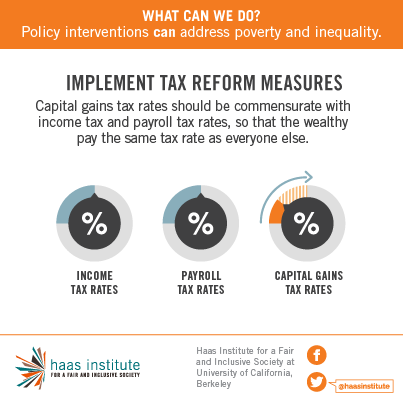Economic inequality is a pressing issue in many societies, where the gap between the rich and the poor continues to widen. Governments around the world employ various strategies to combat this disparity, and one of the most effective tools at their disposal is income tax. By leveraging taxation policies, governments aim to redistribute wealth more equitably and ensure a fairer economic landscape. This article explores the pivotal role of income tax in reducing economic inequality and examines how taxation policies help bridge wealth gaps.
Income Tax: A Tool for Economic Equity
Income tax serves as a fundamental mechanism for promoting economic equity by redistributing wealth from higher-income individuals to those with lower incomes. By imposing higher tax rates on the affluent, governments can generate revenue that can be used to fund essential public services such as education, healthcare, and social welfare programs. These services play a crucial role in providing opportunities for upward mobility, thereby helping to level the playing field for all citizens.
A progressive income tax system, where tax rates increase with income levels, is particularly effective in addressing economic inequality. This approach ensures that those who have the financial means contribute a larger share of their income to support public goods and services. By doing so, the burden of taxation is distributed more fairly, and the additional revenue can be invested in programs that benefit lower-income groups, such as affordable housing and job training initiatives.
Moreover, income tax can act as a deterrent against excessive accumulation of wealth by the elite. High marginal tax rates on the wealthy can discourage hoarding of resources and promote more equitable distribution of income. This not only reduces the wealth gap but also fosters a more balanced and sustainable economic environment. In essence, income tax is a powerful tool that, when implemented effectively, can drive significant progress towards economic equity.
How Taxation Policies Help Bridge Wealth Gaps
Taxation policies designed to reduce economic inequality often include progressive tax rates, tax credits, and deductions aimed at benefiting lower-income individuals and families. For instance, Earned Income Tax Credits (EITCs) provide substantial financial relief to low- and moderate-income working individuals, effectively increasing their disposable income. This not only helps to alleviate poverty but also stimulates economic activity by boosting consumer spending.
Another critical aspect of taxation policies is the provision of public services funded by tax revenues. Investments in education, healthcare, and infrastructure can have a transformative impact on reducing economic inequality. Quality education systems enable individuals from all backgrounds to acquire the skills and knowledge necessary for better-paying jobs. Accessible healthcare ensures that medical expenses do not disproportionately burden low-income families. Improved infrastructure can enhance connectivity and economic opportunities in underserved areas, helping to bridge the wealth gap.
Taxation policies can also address wealth inequality by targeting capital gains and inheritance taxes. Capital gains taxes on investments ensure that income derived from wealth is taxed similarly to income from labor, preventing the wealthy from disproportionately benefiting from lower tax rates. Inheritance taxes, on the other hand, can reduce the concentration of wealth passed down through generations, promoting a more equitable distribution of assets. By implementing such policies, governments can tackle both income and wealth inequality simultaneously.
In conclusion, income tax is a crucial instrument in the fight against economic inequality. Through progressive tax systems and targeted taxation policies, governments can redistribute wealth, fund essential public services, and create opportunities for upward mobility. By addressing both income and wealth disparities, these measures help to bridge the economic divide and foster a more equitable society. As economic inequality remains a significant challenge, the role of income tax in promoting economic equity cannot be overstated. Effective and fair taxation policies are essential for building a just and inclusive economy where everyone has the chance to thrive.
